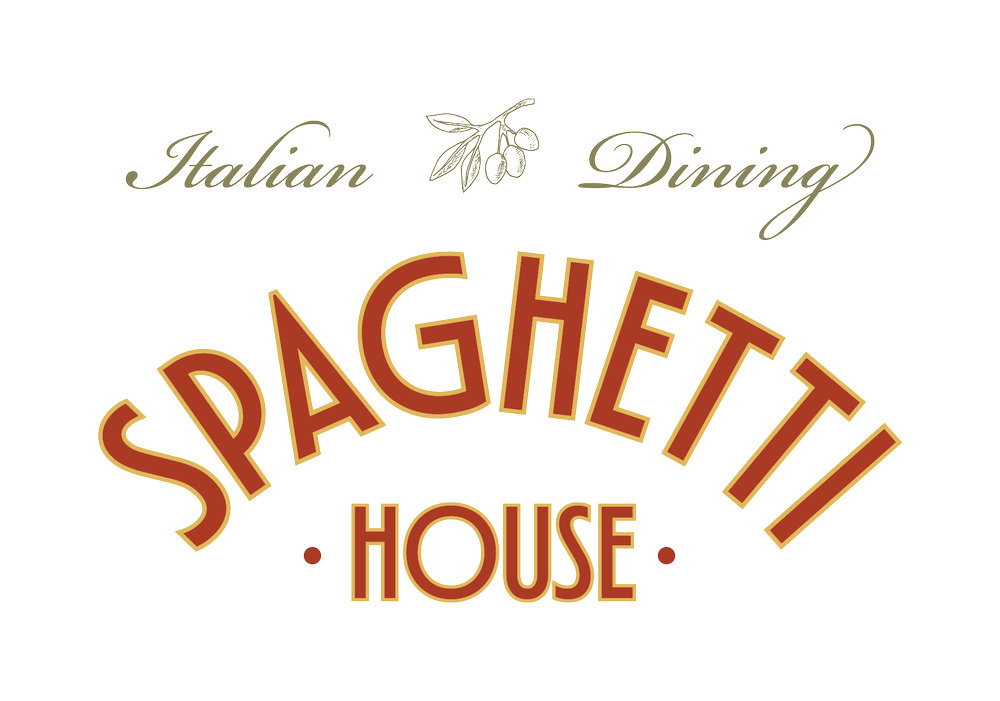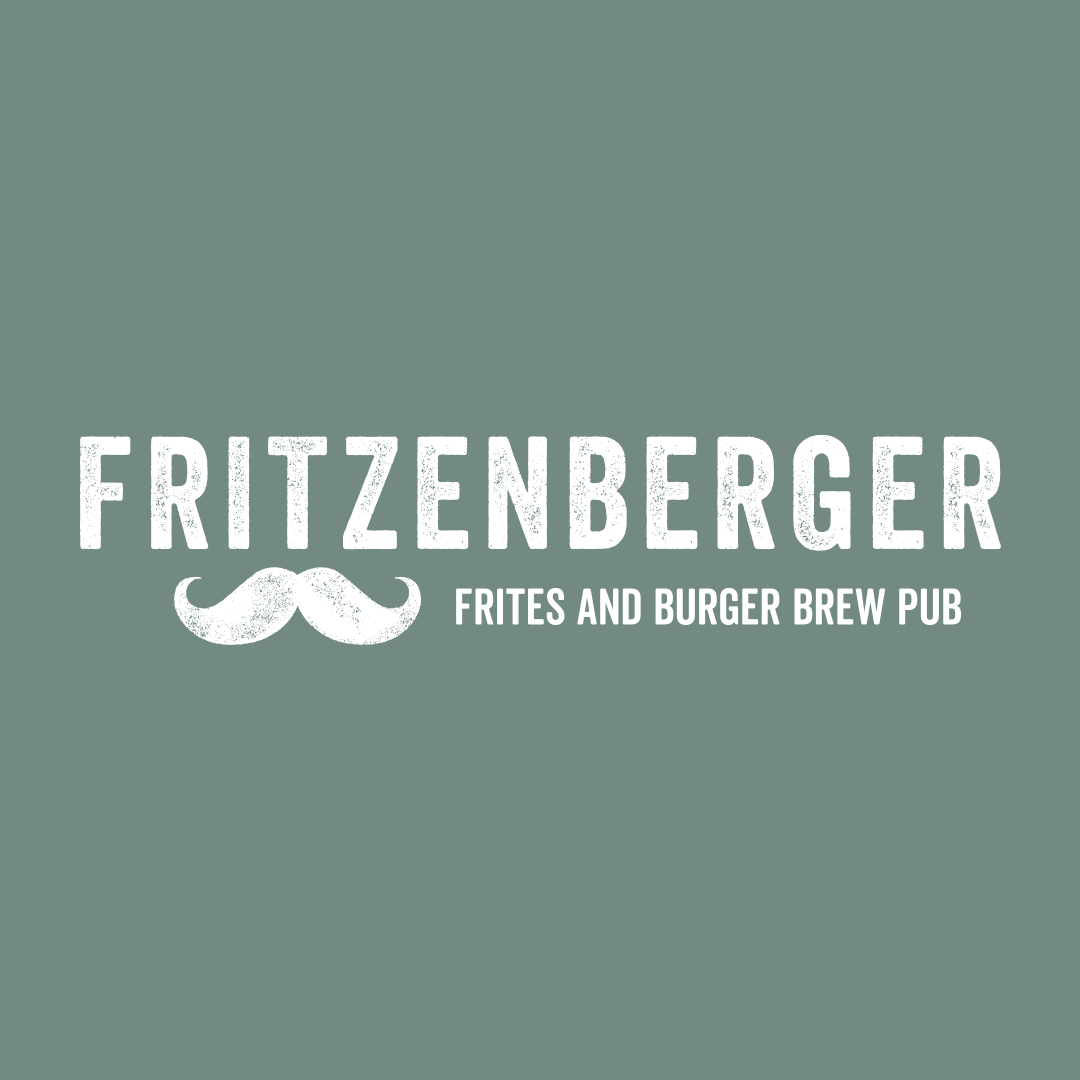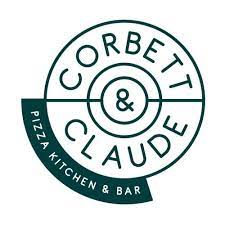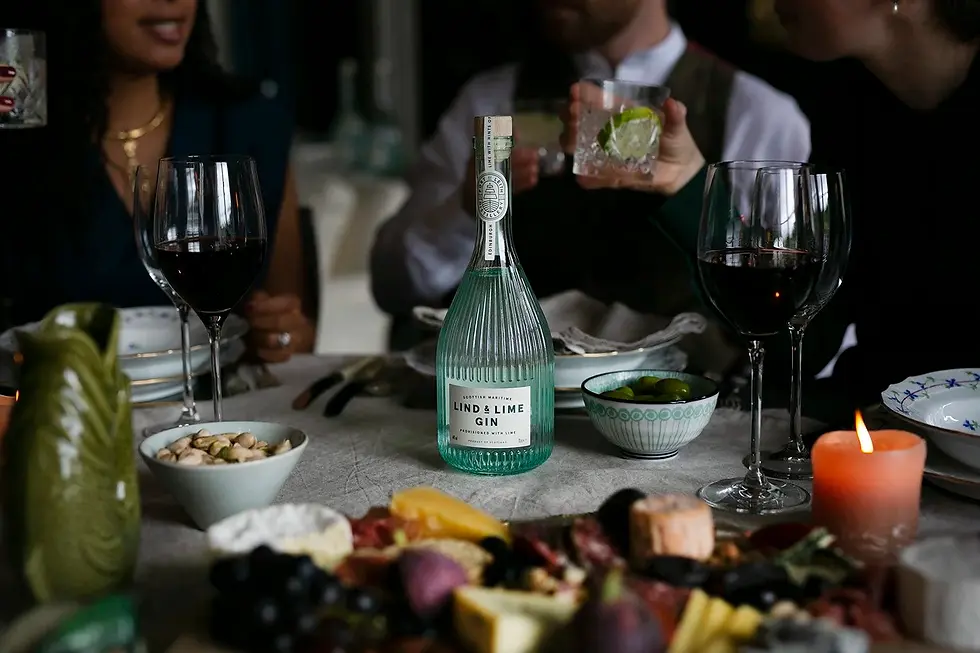The Altruistic Alchemist
- Sales Team
- Nov 9, 2025
- 6 min read
Mixing Drinks, Stirring Change
From a Glasgow fruit van to Queensland pubs, Jamie Blyth has discovered a revolutionary formula: what if every drink sold could feed a hungry child and reconnect fractured communities? His company DOXA is proving that hospitality isn't just about service-it's the ultimate engine for social good.
The man sitting across from Jamie Blyth had three paid therapists. Three professionals trained to listen, to help, to heal. Yet here he was, on a camping chair in a public square in Queensland, telling a complete stranger how wonderful it felt to talk to someone who wasn't being paid to care.
That moment crystallised everything for Jamie. It wasn't about professional intervention or structured programs. It was about something far simpler, and far more elusive in modern life: genuine human connection.
"That's when I knew we were onto something," Jamie recalls. "Something real."

The Fruit Seller Who Saw Everything
Long before DOXA, before Chatty Chairs, before any grand vision of changing the world through hospitality, there was a fruit van in Glasgow. Jamie's family business, Blyth's Fruit and Veg, had been running since 1893. Four generations of Blyths had served the same streets, the same families, the same rhythm of community life.
But Jamie noticed something that would haunt him-and ultimately inspire him. His elderly customers weren't really buying fruit. They were buying ten minutes of conversation. They were purchasing proof that someone cared enough to return next week.
"I was the only person some of these older people would see all week," he says. "They would buy a bit of fruit even if they didn't need it, just to ensure I'd come back."
When these customers passed away, each death drove home a potent lesson: life is fleeting, and genuine human connection isn't a luxury-it's the most valuable commodity we have.
The family business eventually succumbed to the inevitable. "One day I went to Tesco and realised they were selling fruit to the public cheaper than we could buy it wholesale," Jamie explains. "The business died with me."
From Glasgow Cold to Queensland Heat
When Jamie's wife Alison decided Australia was home, he faced a choice: stay in familiar Glasgow or follow her into the unknown. "She was here for seven months and didn't want to come home," he laughs. "I left Glasgow at -2 degrees and arrived in the middle of a 40-degree heatwave. I was unsure if I'd made the right decision... but it worked out."
Jamie found himself running pubs in Queensland, back in the business of community but carrying "the heavy burden of responsibility for others' behaviour" that comes with serving alcohol. He wanted connection without control. He wanted to listen without liability.
The answer arrived simply, almost absurdly so, during Queensland's Mental Health Week. Jamie set up four camping chairs and a sign in a public square. That's it. No agenda, no structure, no professional credentials. Just an invitation: sit down, let's chat.
The Chatty Chairs was born.
What started as a simple experiment quickly became something more-a sought-after "third space" for authentic conversation, free of judgment or professional agenda. People lined up for it. Craved it. Returned for it.
Jamie had stumbled onto something profound: in a world drowning in connectivity, people were starving for genuine connection.
Enter DOXA: Where Profit Meets Purpose
The transition from ginger beer sales rep to social entrepreneur happened through friendship. Jamie met Mark in the drinks industry. Mark had a gift for creating terrific recipes. Jamie had a habit of talking non-stop about whatever he believed in. Naturally, they hit it off.
"Mark is the brains of the operation," Jamie says with characteristic directness. But what they built together was more than just another drinks company.
As their friendship deepened, so did a shared conviction: What if they could take everything they knew about the industry-balancing flavour, service, margins-and use it to do something that actually mattered?


They didn't want to slap a charity logo on a bottle and call it a day. They wanted to build something real; something baked into the DNA of the company itself.
Thus, DOXA was born, built on a philosophy Jamie calls "Altruistic Capitalism."
Here's how it works: Every box of DOXA products sold funds meals for children through their global charity partner, Feed the Hungry. They chose this organisation for three crucial reasons: solid track record, low administration costs, and absolute clarity of purpose. Feeding hungry kids is, as Jamie puts it, "about as clear and honest as charity gets."
But that's just the global side.
The real innovation lies in recognising what pubs, bars, and cafes actually are: the biggest and most natural "third spaces" in the world. DOXA partners with hospitality venues, turning every drink sale into a dual transaction-refreshment for the customer, nutrition for a child in need, and funding for local community programs.
"Who Gives a Crap has the toilet paper," Jamie The Altruistic Alchemist states, clearly differentiating DOXA's approach. "We want to be famous for feeding hungry kids globally and helping community charities build connection locally."
The results speak volumes. In just six months, DOXA has facilitated the provision of 22,145 meals. And that number grows daily.
The Hard Work Nobody Sees
Running a charity is, famously, thankless work. It combines all the emotional weight with, as Jamie dryly notes, "none of the financial reward." The biggest ongoing challenge is juggling time and the complexities of management across multiple initiatives.
This is precisely why DOXA's profit-for-purpose model now shoulders the primary fundraising burden, allowing Chatty Chairs to remain the pure, grassroots not-for-profit focused exclusively on community connection.
Yet despite the logistical and emotional weight, the rewards run deep. This work, Jamie says, "destroys your echo chamber." It's taught him that there is "so much gold to dig out of a person in the value of stories."
His greatest challenge isn't funding or awareness. It's simpler and more profound: "Convincing people that they are interesting."
A recent conversation with the head of Feed the Hungry's Australian operations perfectly captures DOXA's ethos. The DOXA team passed on their regards to the volunteers cooking hot meals, recognizing they were doing the "hard work."
The reply was illuminating: "This bit is easy. The hard work is getting the money."
DOXA exists to make the hard part easier-so the people on the ground can focus on what they do best.
A Vision Beyond Drinks
Five years from now, Jamie sees DOXA as more than a drinks company. He envisions it as a facilitator, connecting hospitality venues with local programs and creating a blueprint for community-driven change.
But the ultimate goal is something more tangible: the first DOXA Centre.
This ambitious project would be a central community meeting place-a café, event space, food bank, and hospitality training centre for young people all in one. But the vision extends even further: building a small, portable, demountable village around it.
This radical initiative would offer people ready for a fresh start both a place to live and meaningful work. The revolutionary incentive? The more you contribute to the community-cooking, cleaning, maintaining the community garden, anything that brings value-the less rent you pay.
"Everyone deserves a safe space and shelter," Jamie explains. "But long-term access to the community would depend on voluntary service. The security of the people willing to work to keep it alive is paramount."
He's inspired by initiatives like Mobile Loaves and Fishes' Community First! Village in Texas-a master-planned neighbourhood providing affordable, permanent housing and supportive community for people emerging from chronic homelessness in communities no larger than 150 people.
Jamie points out a striking paradox: "The homeless have a better community than most full-time workers." He suggests we could learn from cultures where housing is simply for sleeping and the day is spent engaged with community-present, connected, alive.

The New Blueprint
In a world where one in three Australians report feeling lonely, where the only genuine connection some people experience all week might be with the barista or the bartender, DOXA is creating a powerful new blueprint.
It's proving that the pub can be more than a place to drink. It can be a vital hub for connection, a catalyst for conversation, and a revolutionary force for global good.
From a fruit van in Glasgow to camping chairs in Queensland to a drinks company funding thousands of meals, Jamie Blyth's journey has been anything but conventional. But it's been guided by a single, unwavering principle: human connection isn't a nice-to-have.
It's everything.
Learn more about DOXA and Chatty Chairs at https://www.drinkdoxa.com/. Or visit the many venues are using DOXA products:
Every box sold feeds a child and strengthens your local community.

_edited_edited.png)


























Comments